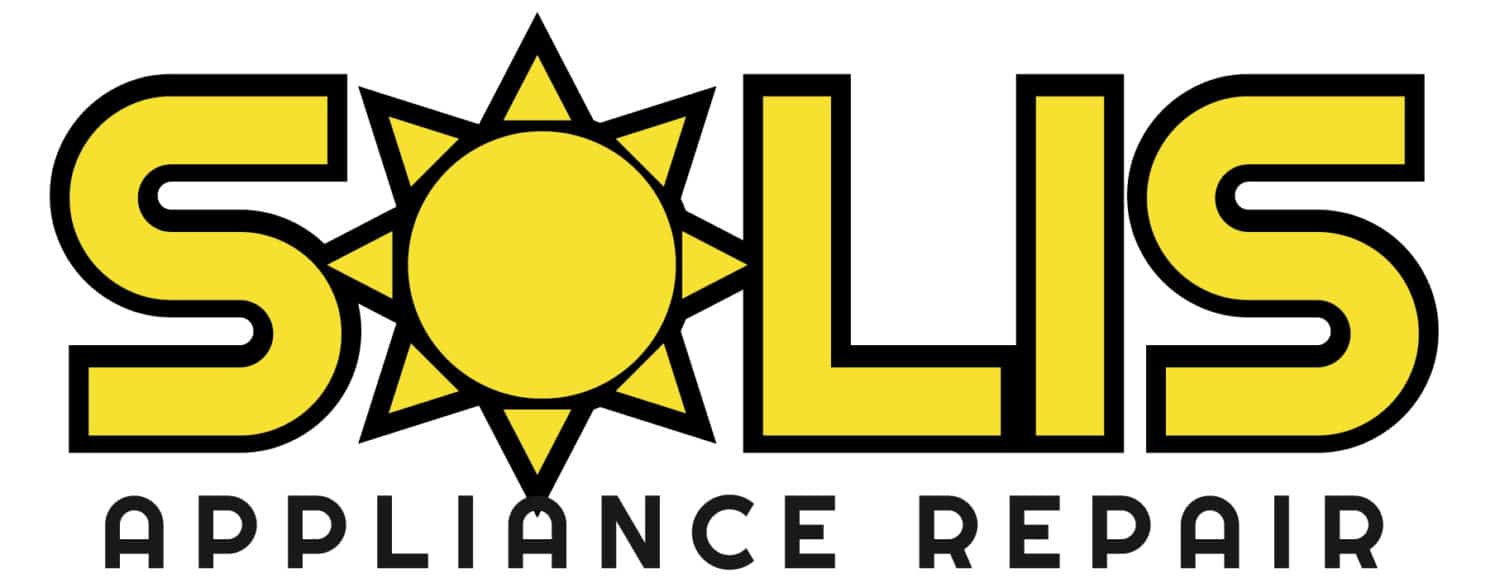Appliance Safety Tips
The appliances in your house can make your life less stressful, but if you operate them unsafely, they might pose evident health risks. It is important to protect your appliances and be sure they do not turn into hazards by adhering to these helpful household appliance safety recommendations from Solis Appliance Repair.
The tips in this article will help to prevent fires and injuries from household appliances. Even still, hazards might still happen. In the event an appliance breaks or malfunctions and becomes a danger, hire a local appliance repair Orlando.
Install GFCI Outlets in Damp Locations in a Home
Laundry rooms, kitchens, bathrooms, basements, outdoor areas and garages can be susceptible to dampness or dripping water. As you well know, electricity and moisture don’t go together, so electrical cords and wires should be plugged into GFCI outlets.
This can prevent electrocution by tripping the circuit when any interruptions in electricity arise.
If you do not already have GFCI outlets in damp rooms inside and around your home, it’s time to install them or call an electrician in Orlando. Then, for safety, be sure to heed the warnings of manufacturer appliance manuals that indicate they are not designed for outdoor use.
Wires, Electronics & Outlets Far Away From Wet Areas
Some home appliances are designed for outdoor use, such as charcoal and gas grills. If you make us of electrical appliances outside – including dishwashers, refrigerators, ice makers and freezers, electric tools and others – monitor that all of the outlets and plugs are not wet. Weatherproof electronics help, combined with GFCI outlets with water-tight gaskets.
Extension Cords are Only a Temporary Answer
An extension cord poses many potential risks, including:
The potential for loose connections that could result in sparks and a fire.
The possibility of power fluctuations that would ruin the appliance.
Greater susceptibility to moisture penetration that can lead to electrocution.
The chance of wires overheating and becoming a fire hazard when an low-quality extension cord is used for a high-power appliance.
When choosing an extension cord for limited-time use, ensure it’s the correct gauge for the home appliance in question. The lower the gauge, the greater the cord size. For example, a simple extension cord for a radio will have a 16-gauge wire whereas a longer cord for a window air conditioner uses a 12-gauge wire.
Length is also a factor. The longer the cord is, the more electricity is lost on the way, this is known as voltage drop. Shorter extension cords are advised for electric tools and similar outdoor equipment.
Be Sure to Read the Operating Manual for Any Type of Appliance You Purchase
It is simple to assume that you know how to operate your new washing machine or dishwasher without consulting the manual, but reading the manufacturer guidelines is important for a lot of reasons:
You should find out whether your home’s electrical wiring is sufficient to power the appliance. You may have to install a new circuit to prevent overloading your existing ones.
You learn more about advanced features you would not have otherwise have known.
You discover if the new appliance is OK for outdoor areas or not.
You don’t have the extreme frustration that can sometimes come from attempting to operate a new appliance with no instructions!
Unplug Small Appliances When Not in Use
You are able to stop unnecessary energy consumption by unplugging them when you are not operating them. This is because small appliances sometimes include LED signals, clocks and other features during standby mode.
Unplug monitors, televisions, modems, printers, routers, video game consoles, phone chargers and more to limit unnecessary energy consumption. But remember, it is OK to keep DVRs and similar devices plugged in to not miss their background functions.
For even more tips on how to use home appliances safely, or to schedule a local appliance repair service, please contact Solis Appliance Repair. Our technicians can fix all common household appliances!
OTHER RESOURCES:
Appliance Repair Cost
DIY Appliance Repair Tips
Repair or Replace Appliances
Refrigerator Parts
Home Services Campaign Disclaimer: This site is a free service to assist homeowners in connecting with local service providers. All contractors/providers are independent and this site does not warrant or guarantee any work performed. It is the responsibility of the homeowner to verify that the hired contractor furnishes the necessary license and insurance required for the work being performed. All persons depicted in a photo or video are actors or models and not contractors listed on this site.
Copyright ©2025 Solis Appliance Repair
